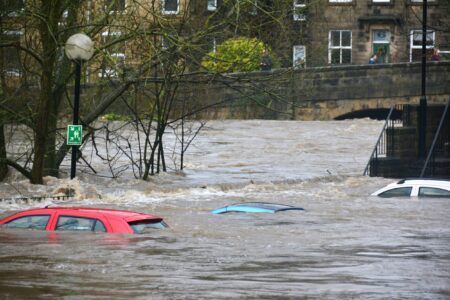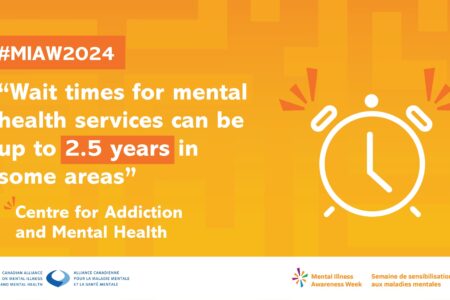EDITORIAL: "It Could Be"
Is the unthinkable now thinkable?
“It could be.”
This week, Prime Minister Stephen Harper became the first Western leader to publicly admit the possibility of a global depression: not exactly the kind of comment designed to spur on the shoppers a week before our annual carnival of conspicuous consumption. When asked if an economic depression might be in our immediate future, Harper replied–shockingly for a politician not known for either candour or unguarded statements–“It could be.”
Harper went on, of course, to qualify his comments, but the fact that a national leader (and a trained economist to boot) is willing to go on the record with such a comment shows how serious the situation is quickly becoming.
January will likely tell a lot, once the Christmas sales figures are in. Many businesses depend on the Christmas season to balance out their books for the year: a catastrophic Christmas shopping season could trigger a wave of bankruptcies and layoffs.
All of which is great news for the planet, if not for us.
When gasoline prices rocketed earlier this year the result was the biggest voluntary emissions reduction on record. In the first half of 2008, Americans drove a staggering 42 billion fewer miles in their cars; oil consumption in that country fell by 900 000 barrels a day. What education and advertising failed to achieve after decades of effort, sky high oil prices achieved in a matter of weeks.
Is this what it takes?
Now it’s winter, gas prices are (temporarily) lower and consumption is back up there. The possibility arises that a prolonged economic downturn might be just what we need to slow our ravenous consumption and give the planet time to take a breath. Economic catastrophe, the elephant in the room, might, in fact, be the only thing short of war that will do this.
There’s a built-in irony to the situation as our current economic woes are a direct result of over-consumption. Demands for easy credit to fund self-indulgent lifestyles are what led to this crisis; Adam Smith’s good old ‘invisible hand of the market’ is merely reaching into our insular little lives and giving us a shake.
But how much of a recession or depression is a good thing and how much a bad? How to balance the needs of the planet with the needs of people? Hard to say. Wealth has hurt us in many way: we’ve seen prosperity increased our alienation from one another, damage the family unit, exploit the world’s poor, and ravage our planet’s environment. On the other hand, it’s the poor who suffer most in a recession or depression. On the third hand, if the environment is irreparably damaged, we’re all doomed, snowboarder and sharecropper alike.
While it would be nice to think we’re capable of meaningfully dealing with environmental issues on a voluntary basis, the evidence in favour of this perspective isn’t compelling. We seem to be a species spurred on to, above all, more. More innovation, more adventure, certainly, but also more waste, more greed, and more selfishness. In short, our needs and those of the planet appear to be at odds.
What will stop us? Will it take a global economic catastrophe?
It could be.
























